Menu
apply() – Spring 2024
Virtual Conference
apply() brings the engineering community together to master AI and ML in production. Dive into practical workshops and technical sessions to gain best practices for transitioning from experimental models to highly scalable applications. Learn from the best engineers shaping the future of applied artificial intelligence and machine learning.
Speakers
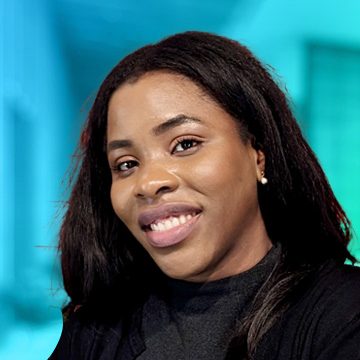
Toyosi Bamidele
Data Scientist
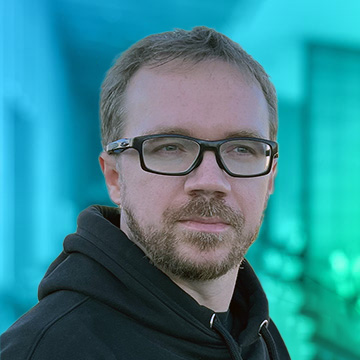
Aleksandr Timashov
ML Engineer

Lance Martin
Software Engineer

Janvi Palan
Senior Machine Learning Research Engineer
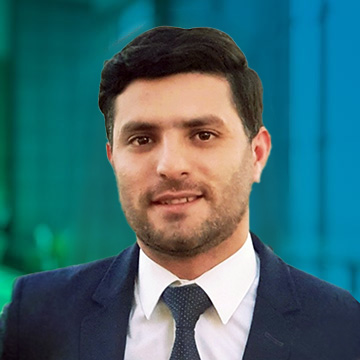
Ibrokhim Sadikov
AI & ML- Fueled Data Scientist
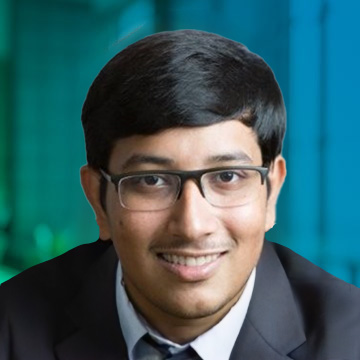
Aayush Mudgal
Staff Machine Learning Engineer
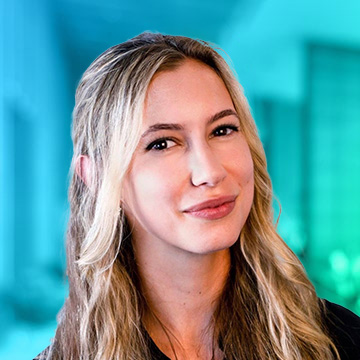
Amber Roberts
Machine learning Engineer
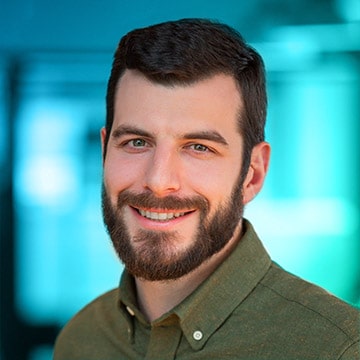
Mike Del Balso
CEO & Co-Founder

Matar Haller
VP Data & AI

Caroline Harrison
Data Scientist
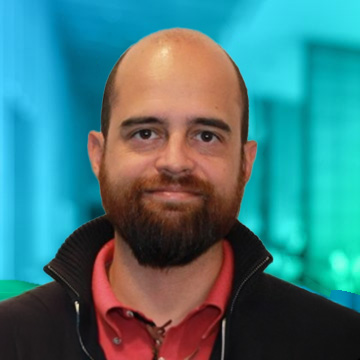
Hakan Baba
Founding Engineer

Bobby Wagner
Machine learning Engineer
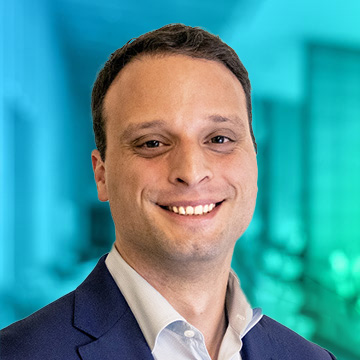
Harry Glaser
Co-Founder & CEO

Mahesh Murag
Product Manager

John Benito
Senior Manager - Artificial Intelligence & Analytics

David Wang
VP of Marketing

Atin Sanyal
Co-Founder and CTO

Noam Rubin
Software Engineer
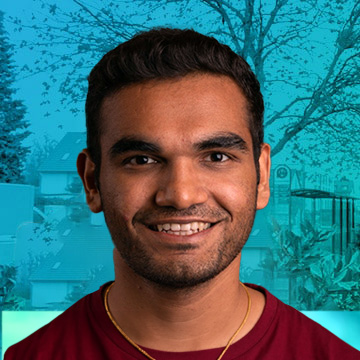
Divyansh Saini
CEO & Co-Founder
Agenda
-
9:00 AM
Opening
Welcome
Demetrios Brinkmann, Founder, MLOps Community
-
9:05 AM
Keynote
Is RAG Really Dead?
Lance Martin Software Engineer of LangChain
-
9:35 AM
Keynote
Full RAG: A modern architecture for hyperpersonalization
Mike Del Balso, CEO & Co-founder at Tecton
-
10:10 AM
Talk
Evaluating NLP and LLM Based Modules for Robust Conversational Interfaces
Janvi Palan, Senior Machine Learning Research Engineer at Samsung
-
10:40 AM
Talk
Solving the Data Engineering Bottleneck in Production ML
David Wang, VP Marketing at Tecton
-
11:10 AM
Lightning Talk
Unlocking LLM-Ops on Behavioural Data for Growth on Steroids with Houseware & Snowflake
Divyansh Saini, Co-Founder at Houseware
Nipun Jain, Head of Data & AI at Houseware -
11:30 AM
Lightning Talk
Scaling Redis and Go: Building a Robust Machine Learning Feature Store at Nextdoor
Bobby Wagner, Machine learning Engineer at Nextdoor
-
11:50 AM
Lightning Talk
AI for Good – Detecting Harmful Content at Scale
Matar Haller, VP AI at ActiveFence
-
12:10 PM
Lightning Talk
Handling Online-Offline Discrepancy in Pinterest Ads Ranking System
Aayush Mudgal, Staff Machine Learning Engineer at Pinterest
-
12:30 PM
Talk
Uplift modeling
Toyosi Bamidele, Data Scientist at Visa
-
1:00 PM
Talk
Semi-Supervised Learning. How to overcome the lack of labels
Aleksandr Timashov, MI Engineer at Meta
-
1:30 PM
Talk
From Feedback to Actionability: Driving insights with Relational Analytics from text to Enhance CX Strategies
Caroline Harrison, Data Scientist at Vanguard
Ibrokhim Sadikov, Sr. Data Scientist at Vanguard
-
2:00 PM
Talk
Bootstrapping AI Product Portfolios
Noam Rubin, Software Engineer at Vanta Inc.
-
2:30 PM
Talk
Advanced RAG Evaluation & Real-time Interception of LLM Hallucinations
Atin Sanyal, Co-Founder and CTO at Galileo
-
3:00 PM
Lightning Talk
LLM Evals In Production
Amber Roberts, Machine Learning Engineer at Arize
-
3:20 PM
Lightning Talk
Navigating the maze of building an LLM-powered code generation system
Hakan Baba, Founding Engineer at Morph.ai
Anup Mantri, Software Engineer at Morph.ai -
3:40 PM
Lightning Talk
Building an ML platform Optimized for Batch and Realtime Inference
Harry Glaser, Co-Founder & CEO at Modelbit
-
4:00 PM
Lightning Talk
Mastering AI and ML at Production Scale
John Benito Senior Manager – Artificial intelligence & Analytics at Cognizant
-
4:20 PM
Virtual Hands-On Lab
Real-time AI at your Fingertips Using only Python
Mahesh Murag, Product Manager at Tecton
The ML Data Engineering Community Conference Series
7
Previous Events
24,000+
Registrants
115
Sessions
140
Speakers
1
Live Haircut
Interested in speaking at a future apply() event?
The community loves hearing from machine learning and data practitioners about their journey to operationalizing ML.

